Maine Mechanical 30 PDH Discount Package 2
Basic Machines Part 1 (M03-035)
Basic Machines Part 2 (M03-036)
Basics of Engineering Mechanics (M03-020)
Fundamentals of Fluid Power (M04-050)
Overview, Installation and Maintenance of Pumps, Valves and Piping (M07-004)
Principles of an Internal Combustion Engine (M03-051)
Principles of Hydraulic and Pneumatic Systems (M04-043)
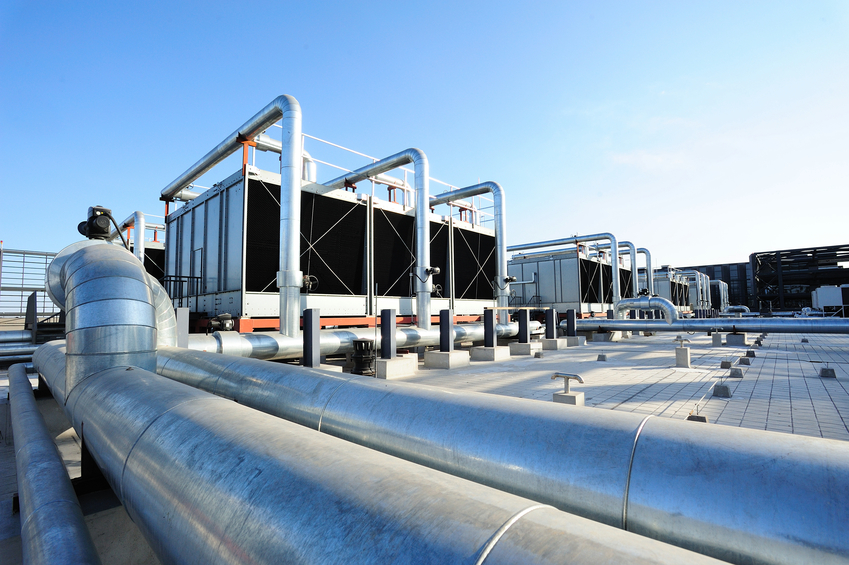
This online engineering PDH course provides an overview of the purpose, types and operation of several basic mechanical components.
These components which include air compressors, boilers, cooling towers, steam traps, filters and strainers; are found at the heart of many plants and have widespread applications in several industries.
This 3 PDH online course is applicable to mechanical and industrial engineers, operators, maintenance personnel, and other technical staff who are interested in gaining a better understanding of the operation of the different mechanical equipment.
This PE continuing education course is intended to provide you with the following specific knowledge and skills:
- Understanding the various types of air compressors, operation and safety hazards
- Familiarizing with boilers
- Learning the purpose of the cooling tower and its various types
- Learning the fundamentals of steam traps and their different types
- Distinguishing between filters and strainers and learning their different types
Upon successful completion of the quiz, print your Certificate of Completion instantly. (Note: if you are paying by check or money order, you will be able to print it after we receive your payment.) For your convenience, we will also email it to you. Please note that you can log in to your account at any time to access and print your Certificate of Completion.
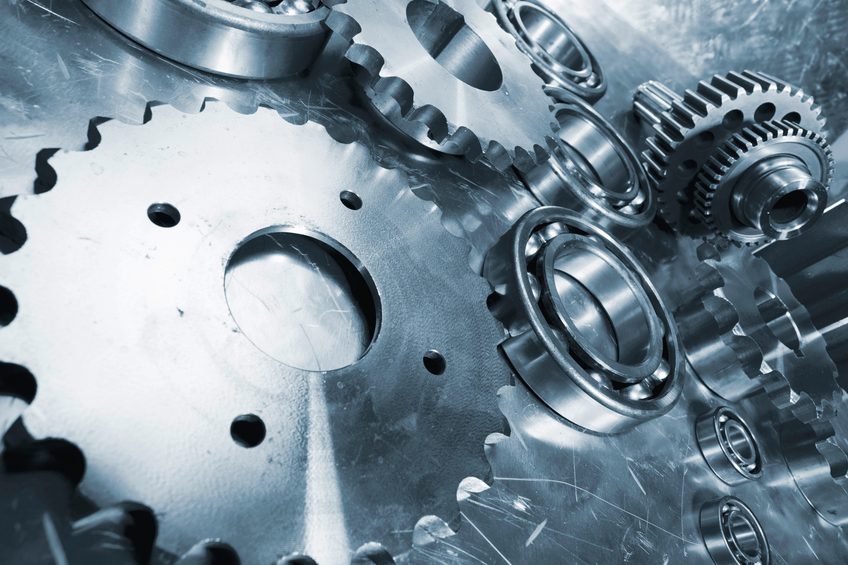
This online engineering PDH course discusses the six simple machines: the lever, the block, the wheel and axle, the inclined plane, the screw and the gear. When you familiarize with the principles of these simple machines, you can readily understand the operation of complex machines.
A machine is any device that helps you to do work. It may help by changing the amount of force or the speed of action. Machines may also be used to change the direction of a force or in other cases transform energy; for example, a generator transforms mechanical energy into electrical energy. Complex machines are basically combinations of two or more simple machines.
This 3 PDH online course is applicable to engineers, designers, manufacturers and anyone interested to gain an understanding of basic machine operation.
This PE continuing education course is intended to provide you with the following specific knowledge and skills:
- Learning about the principles of levers, their different classes and mechanical advantages
- Understanding the basics of the block and tackle, their different configurations and mechanical advantages
- Understanding the basics of wheel and axle and understand their mechanical advantages
- Learning about the mechanical advantages of inclined planes
- Familiarizing with the uses of the screw and jack
- Understanding the basics of gears, their different types and mechanical advantages
In this professional engineering CEU course, you need to review Chapters 1 through 6, of the Naval Education and Training Professional Development and Technology Center "Basic Machines" NAVEDTRA 14037 - training course.
Once you complete your course review, you need to take a multiple-choice quiz consisting of twenty (20) questions to earn 3 PDH credits. The quiz will be based on this NAVEDTRA publication.
Upon successful completion of the quiz, print your Certificate of Completion instantly. (Note: if you are paying by check or money order, you will be able to print it after we receive your payment.) For your convenience, we will also email it to you. Please note that you can log in to your account at any time to access and print your Certificate of Completion.

This online engineering PDH course discusses the relationship between Work and Power and their different their applications. It also describes the relationship between Force-Pressure and their different applications. Furthermore, this course explains the basics of hydrostatic and hydraulic liquids and highlights their respective machines. The last chapter of this course illustrates the basic machine elements, identifies their respective machine functions and introduces the basics of clutches.
A machine is any device that helps you to do work. It may help by changing the amount of force or the speed of action. Machines may also be used to change the direction of a force or in other cases transform energy; for example, a generator transforms mechanical energy into electrical energy.
This 3 PDH online course is applicable to engineers, designers, manufacturers and anyone interested to gain an understanding of basic machine operations.
This PE continuing education course is intended to provide you with the following specific knowledge and skills:
- Understanding the relationship between Work and Power and their different applications
- Learning how to determine horsepower ratings
- Understanding the difference between Force and Pressure and their applications in basic machines
- Familiarizing with the different force and pressure measuring devices
- Understanding the difference between hydrostatic and hydraulic liquids and their applications in basic machines
- Understanding the basic machine elements and identifying their respective functions
- Learning about clutch basics
In this professional engineering CEU course, you need to review Chapters 7 through 11, of the Naval Education and Training Professional Development and Technology Center "Basic Machines" NAVEDTRA 14037 - training course.
Once you complete your course review, you need to take a multiple-choice quiz consisting of twenty (20) questions to earn 3 PDH credits. The quiz will be based on this NAVEDTRA publication.
Upon successful completion of the quiz, print your Certificate of Completion instantly. (Note: if you are paying by check or money order, you will be able to print it after we receive your payment.) For your convenience, we will also email it to you. Please note that you can log in to your account at any time to access and print your Certificate of Completion.
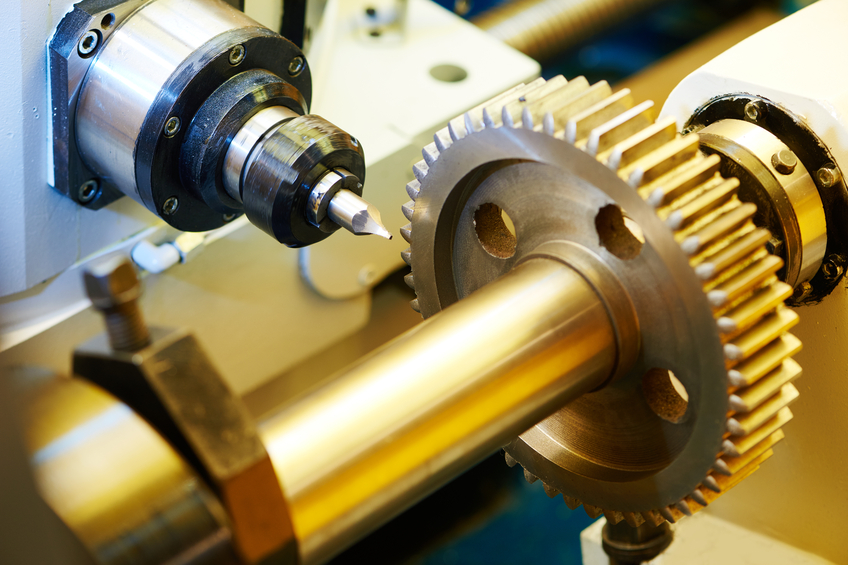
This online engineering PDH course presents the basics of modern mechanics developed by Sir Isaac Newton in the late seventeenth century. This course describes the effect of static and dynamic forces on objects and includes a discussion of the forces commonly encountered in daily life. Also this course defines energy, work and power; identifies their various forms; and discusses the conservation of energy, work, and power including the measurement and calculation of each.
This 3 PDH online course is applicable to mechanical and civil engineers, facility and maintenance personnel, and other technical staff who are interested in understanding the principles of engineering mechanics.
This PE continuing education course is intended to provide you with the following specific knowledge and skills:
- Understanding Newton's Law of motion
- Learning the Principles of Momentum
- Understanding the applications of Newton's Law including force and weight, free body diagrams, forces of equilibrium, and types of forces
- Learning the principles of Energy, Work and Power
- Understanding the Law of Conservation of Energy
In this professional engineering CEU course, you need to review Modules 3, 4 and 5 of the Department of Energy Publication DOE-HDBK-1010-92, "Classical Physics" published by the Department of Energy.
Upon successful completion of the quiz, print your Certificate of Completion instantly. (Note: if you are paying by check or money order, you will be able to print it after we receive your payment.) For your convenience, we will also email it to you. Please note that you can log in to your account at any time to access and print your Certificate of Completion.
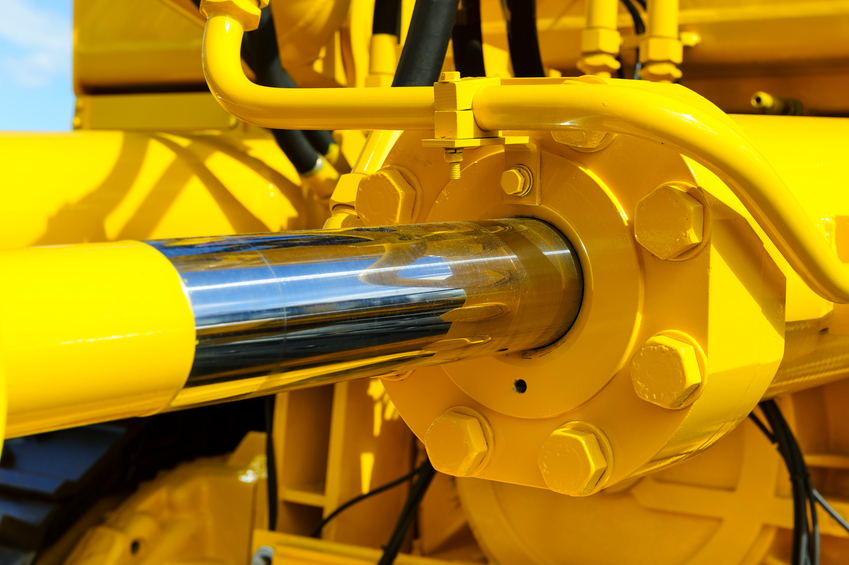
This online engineering PDH course discusses the fluid power of pumped or compressed fluids which generate force and motion in different types of mechanisms.
Fluid power is a term that describes the generation, control, and application of smooth, effective power of pumped or compressed fluids (either liquids or gases) to provide force and motion to mechanisms. This force and motion may be in the form of pushing, pulling, rotating, regulating, or driving. Fluid power includes hydraulics and pneumatics, which involve liquids and gases, respectively.
The extensive use of hydraulics and pneumatics to transmit power is due to the fact that properly constructed fluid power systems possess a number of favorable characteristics as they eliminate the need for complicated systems and provide a smooth, flexible, uniform action without vibration, and without being affected by variations of load. Moreover, fluid power systems offer a favorable and an economical operation, covering wide ranges of motion and requiring minimal need for hand control.
This 4 PDH online course is applicable to mechanical and civil engineers who are interested in learning more about fluid power systems, the operation of its components and the general principles which are common to all physical mechanisms.
This PE continuing education course is intended to provide you with the following specific knowledge and skills:
- Familiarizing with the fundamentals of fluid power
- Learning about the states of matter and the factors affecting them
- Understanding the characteristics and behavior of fluids at rest and in motion
- Understanding the operating characteristics and component functions of basic fluid power systems
- Exploring various types of hydraulic liquids, their particular uses and characteristics
- Gaining a general overview of the operating principles of certain pumps
Upon successful completion of the quiz, print your Certificate of Completion instantly. (Note: if you are paying by check or money order, you will be able to print it after we receive your payment.) For your convenience, we will also email it to you. Please note that you can log in to your account at any time to access and print your Certificate of Completion.

This online engineering PDH course covers the basic operating principles of pumps, discusses their different types, and explains their installation and maintenance methodologies. This course also presents the auxiliary components such as the different types of valves, piping and other accessories typically used in pump systems.
A pump is a device that uses an external source of power to force the fluid to move from one place to another. A pump develops no energy of its own; it merely transforms energy from the external source, such as a gasoline or electric motor, into mechanical kinetic energy, which is manifested by the motion of the fluid.
A valve is any device used to control fluids in a closed system, and is typed or classified according to its use in a system. This course will discuss valve construction and the most common types of valves used in the industry.
The control and application of fluid power would be impossible without a suitable means of conveying the fluid from the power source to the point of application. Fluid lines used for this purpose are called piping. They must be designed and installed with the same care applicable to other components of the system. To obtain this desired result, attention must be given to the various types, materials, and sizes of lines available for the fluid power system.
This 7 PDH online course is intended for mechanical engineers as well as others who are interested in gaining general knowledge of pumps, valves, and pipes in fluid systems.
This PE continuing education course is intended to provide you with the following specific knowledge and skills:
- Understanding the principles of pump operation
- Familiarizing with the different types of pumps
- Learning about the basic types and functions of valves, steam traps, and strainers
- Knowing the different types of filters
- Familiarizing with piping, tubing and their associated fittings
- Familiarizing with the different types of packing and gasket material
Upon successful completion of the quiz, print your Certificate of Completion instantly. (Note: if you are paying by check or money order, you will be able to print it after we receive your payment.) For your convenience, we will also email it to you. Please note that you can log in to your account at any time to access and print your Certificate of Completion.
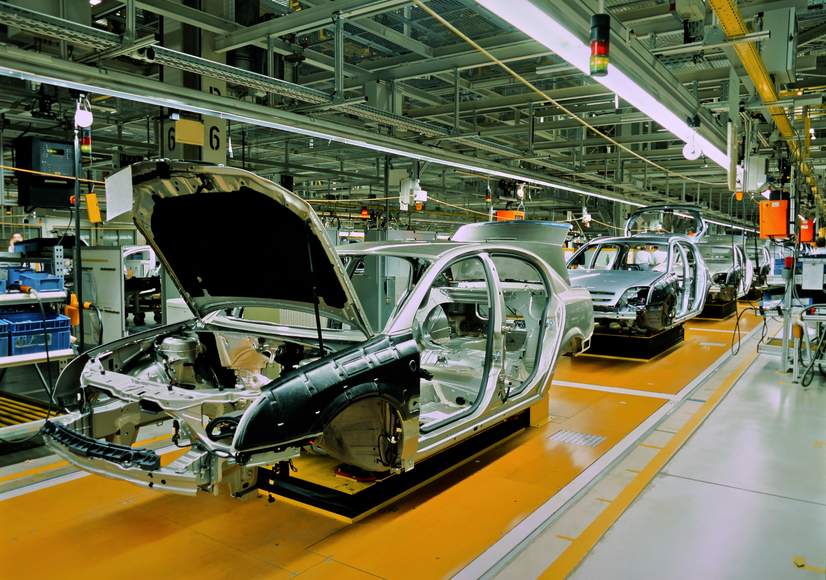
This online engineering course presents the operational principles and basic mechanisms of the internal combustion engine.
The power of an internal combustion engine comes from burning a mixture of fuel and air in a small, enclosed space. When this mixture burns, it expands significantly; building pressure that pushes the piston down, in turn rotating the crankshaft. Eventually, this motion is transferred through the transmission and out to the drive wheels to move the vehicle.
The automobile is a familiar object to all of us. The engine that moves it is one of the most fascinating and talked about of all the complex machines we use today. This machine is what we call the internal combustion engine.
This 3 PDH online course is intended for mechanical and industrial engineers, designers, manufacturers and anyone interested in gaining a better understanding of the basics of an internal combustion engine.
This PE continuing education course is intended to provide you with the following specific knowledge and skills:
- Understanding the principles of operation, the different classifications, the measurements and performance standards of an internal combustion engine
- Identifying the series of events /cycles in a gasoline engine
- Identifying the series of events /cycles in a diesel engine
- Understanding the differences between a four-stroke cycle engine and a two-stroke cycle engine
- Recognizing the differences in the types, cylinder arrangements, and valve arrangements of internal combustion engines
- Identifying the terms, engine measurements, and performance standards of an internal combustion engine
Upon successful completion of the quiz, print your Certificate of Completion instantly. (Note: if you are paying by check or money order, you will be able to print it after we receive your payment.) For your convenience, we will also email it to you. Please note that you can log in to your account at any time to access and print your Certificate of Completion.

This online engineering course presents the basic principles of hydraulics and pneumatics along with their various components followed by discussing the maintenance procedures associated with these systems.
In automotive and construction equipment, the terms “hydraulic” and “pneumatic” describe a method of transmitting power from one place to another through the use of a liquid or a gas which obey certain physical laws and principles discussed in this course.
This 4 PDH online course is intended for mechanical and industrial engineers, as well as other technical professionals interested in gaining a better understanding of the principles of hydraulic and pneumatics systems.
This PE continuing education course is intended to provide you with the following specific knowledge and skills:
- Understanding the operating principles of hydraulic systems
- Identifying operation characteristics, component functions, and maintenance procedures of a hydraulic system
- Understanding the operating principles of pneumatic systems
- Identifying operational characteristics and service procedures applicable to heavy-duty compressors
Upon successful completion of the quiz, print your Certificate of Completion instantly. (Note: if you are paying by check or money order, you will be able to print it after we receive your payment.) For your convenience, we will also email it to you. Please note that you can log in to your account at any time to access and print your Certificate of Completion.